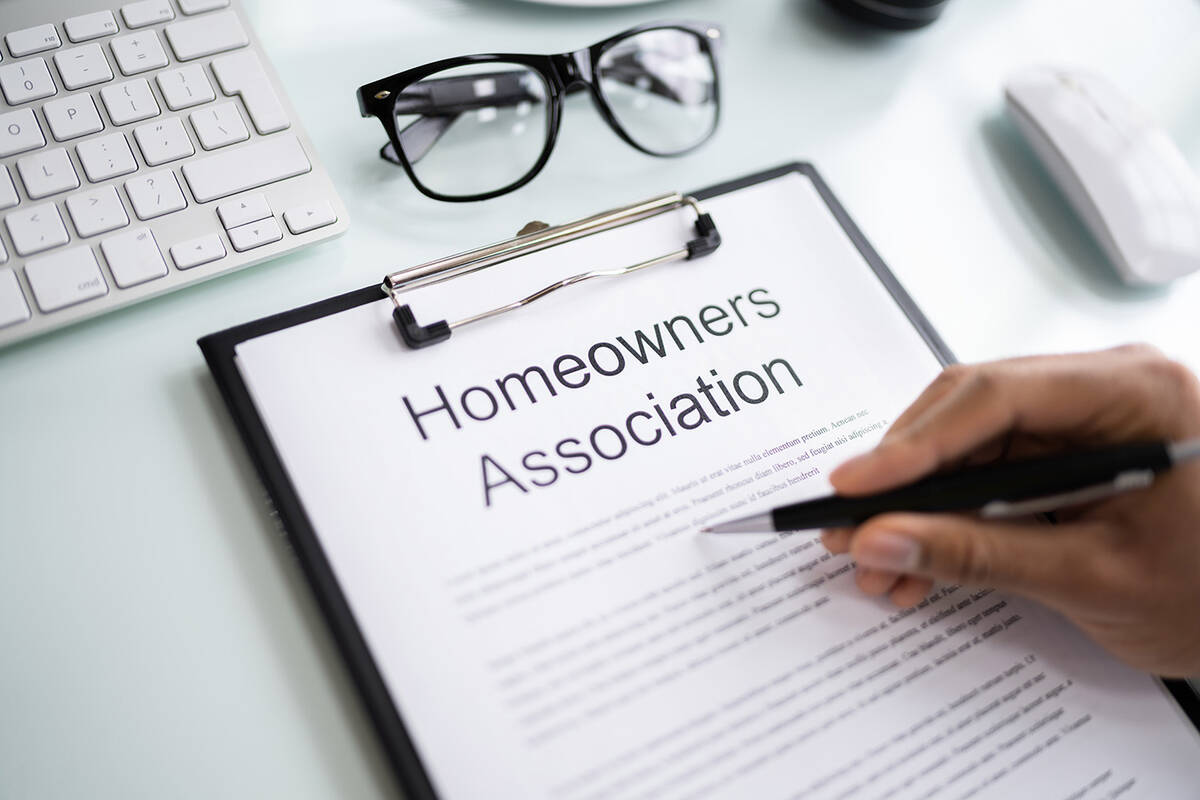Renter says HOA board member is harassing her
Q: I recently read your article about Nevada laws and residential bullying. I appreciate the ethos of the article and addressing where manners of reason may often go wrong. I feel as if I, a renter, am experiencing harassment from an individual on the HOA board, who lives across from me. Her car is parked facing my unit.
I have felt targeted by this individual. Her personal relationship with my landlord, the owner of the condo, leaves me feeling as if a conflict of interest exists here. I know of another tenant who moved out last year and has faced many issues with this same board member. I would like to file a complaint, but I am not sure.
I shared a comment she made about me recently with my property manager and was met with a tow sticker on my vehicle afterwards; and now failing to notify me of scheduled construction/repair taking place around my vehicle/parking spot.
I am nervous to file a complaint or to report this individual for bullying/harassment because of how embedded their relationship is with my landlord, and their role on the HOA board.
If you can share some insight, do you think it would be worth it to report this behavior or individual? Will I be protected from any retaliation that may result from filing this complaint? Like being asked to move, or being targeted and fined for additional things.
A: Unfortunately, this is a personal decision you will need to make as no one can guarantee that the harassment will stop. You could speak with an attorney or one of the investigators at the Nevada Real Estate Division to determine your options, other than moving out when your lease expires.
Q: Is it true older homeowners associations share in the frustration of obtaining competent management companies and is not unique to our (community)?
I am told the industry itself is exposed to labor turbulence and the lack of capable experienced managers who are not overwhelmed by an unsustainable workload to take on a project like our community with its many aging issues and our insurance issues.
Any insight you can provide would be greatly appreciated.
A: Many managers and management companies manage older associations. I don’t believe the industry has any labor turbulence, and there are many capable managers.
In evaluating the management of your association, a management company will need to know your issues to determine how many hours per staff is needed to manage your community in the most efficient way. The question then becomes what is your association willing to pay in management fees?
Insurance is a major issue for all association communities, regardless of age as premiums keep increasing. It is more difficult to obtain reasonable insurance premiums for condominiums. Older condominium associations have more issues because of claims dealing with various water damages.
The other issue pertains to your association’s financial status. Can your association sustain itself and pay for its normal operating costs as well as contributing the necessary reserve funds each month? If not, is your board willing to make the hard choices in reaching some level of financial stability, even if it means increasing assessments?
There has to be a commitment to a game plan between your board and your management company to achieve its goals, especially those pertaining to the physical and financial integrity of your community.
Q: A homeowner filed a lawsuit against our board on Feb. 14, 2023. An agreement has been reached on both sides. But as of April 5, the lawsuit has not been signed by all parties.
Yet, during our HOA meeting on March 12, 2023, our community association manager was apparently instructed by the mediator to say: “The case has been resolved.” According to the homeowner/plaintiff who was present, she said it wasn’t true.
What should have been disclosed at our HOA meeting?
On a separate note, while the lawsuit dragged out for 11 months, our CAM did not disclose in the resale package to new buyers that there was pending litigation. Is that an Nevada Revised Statute violation?
If they were required to notify all homeowners per NRS, would they have been required to send a copy of the lawsuit or just a written “statement of legal pending action.”
Now, the lawyer retained by the HOA says, “NRS does not require a copy of the lawsuit be placed in resale packages.”
A: To be conservative, she could have stated that the mediator has informed the board the case has been resolved and they are waiting for the parties to sign the settlement agreement.
Barbara Holland, CPM, is an author, educator and expert witness on real estate issues pertaining to management and brokerage. Questions may be sent to holland744o@gmail.com.



















